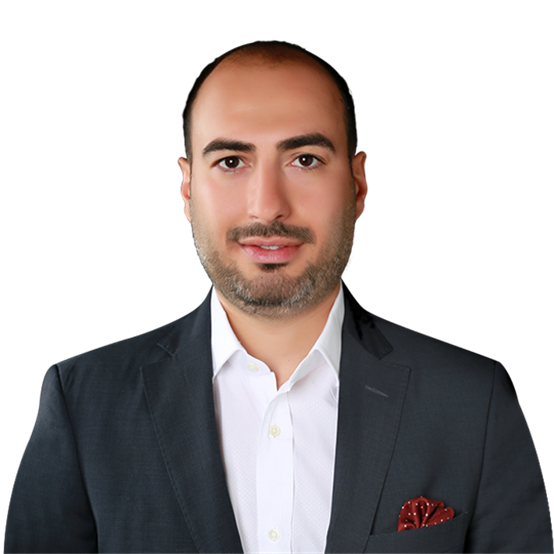
- 28.04.2025, Monday
- 08:56
Has the increase in foreign currency inflow led to the establishment of the rule of law in the country?
23:3625/05/2024, Saturday
Next article
Mehmet Akif Soysal
Mehmet Akif Soysal has been a frequent contributor to Yeni Şafak for years, penning columns on a variety of topics for the daily

The new economic policies have quickly started yielding results post-election. One of the most significant outcomes is the improvement in the Central Bank of the Republic of Türkiye’s (TCMB) reserves. However, the primary expected outcome remains a decline in inflation. **What's the Current State of Reserves?** Firstly, let's briefly address the current state of reserves. Since the elections ended in April, there has been an increase of over $50 billion in reserves. By mid-July, we are likely to
The new economic policies have quickly started yielding results post-election. One of the most significant outcomes is the improvement in the Central Bank of the Republic of Türkiye’s (TCMB) reserves. However, the primary expected outcome remains a decline in inflation.
**What's the Current State of Reserves?**
Firstly, let's briefly address the current state of reserves. Since the elections ended in April, there has been an increase of over $50 billion in reserves. By mid-July, we are likely to have reached positive reserve territory. Having positive reserves enhances our ability to withstand short-term balance of payments shocks, which in turn will lower our country's risk premium, known as CDS.
**What Happens When CDS Decreases?**
A decrease in CDS means lower interest payments for the country. This also leads to improved credit ratings, and indeed, there have been consecutive upgrades over the past three months.
**So, How Did Foreign Money Arrive Despite Claims of Legal and Judicial Deficiencies?**
There’s a prevailing argument that foreign capital wouldn’t flow into a country lacking legal and judicial integrity. Yet, even a year ago, when there were similar concerns, foreign money still came. While this theory makes sense, it isn't entirely practical. Capital seeks returns and will flow where they are highest. Currently, Türkiye offers high returns, which has attracted foreign currency.
Some attribute this to Türkiye turning towards the West and granting NATO entry visas to candidate countries. However, the reality is that the global issue is about money seeking returns, nothing more. Even companies in the EU, despite tensions with Russia over Ukraine, are bypassing sanctions to do business with Russia because of money.
Similarly, there’s no car shortage, and traders aren't dishonest. The problem is the lack of suitable investment opportunities and the mispricing of money. If money stops eroding due to inflation, the real market will correct itself. And indeed, it has.
It’s important to note that monopolies or oligopolies in certain markets are a separate issue. However, something that didn’t exist two months ago cannot suddenly appear. Our problem was not that.
**Legal Framework and Foreign Investment**
Of course, a better legal system is always desirable, and prosperity comes with justice. However, foreign capital cares more about the protection of its own assets rather than the local legal system.
**The Way Forward**
We shouldn't swing between extremes. We need to proceed with moderate, sensible interest rates that correspond to inflation. This doesn’t mean interest rates should be lowered indiscriminately. The point is to always maintain an interest rate that negatively impacts inflation and balances consumption.
Lastly, if our country exits the grey list soon, it will initiate a positive process. Exiting the grey list will have numerous benefits, as being listed alongside countries involved in money laundering negatively affects not just financial investors but also direct investors. Direct investments aren’t as liquid as financial ones; they don’t come with a short-term perspective. Especially if we want to attract "Greenfield" investments, exiting the grey list will provide significant advantages.
#Türkiye
#Central Bank
#Exchange Rate
Comments
Hello, the comments you share on our site are a valuable resource for other users. Please respect other users and different opinions. Do not use rude, offensive, derogatory, or discriminatory language.
No comments yet
The floor is all yours.

Click here to receive the most important news of the day by email. Subscribe here.
By subscribing, you agree to receive electronic communications from Albayrak Media Group websites and accept the Terms of Use and Privacy Policy.
LEGAL NOTICE
The BIST name and logo are protected under the "Protected Trademark Certificate" and cannot be used, quoted, or altered without permission.All rights to the information disclosed under the BIST name are entirely owned by BIST and cannot be republished. Market data is provided by iDealdata Financial Technologies Inc. BIST stock data is delayed by 15 minutes.






